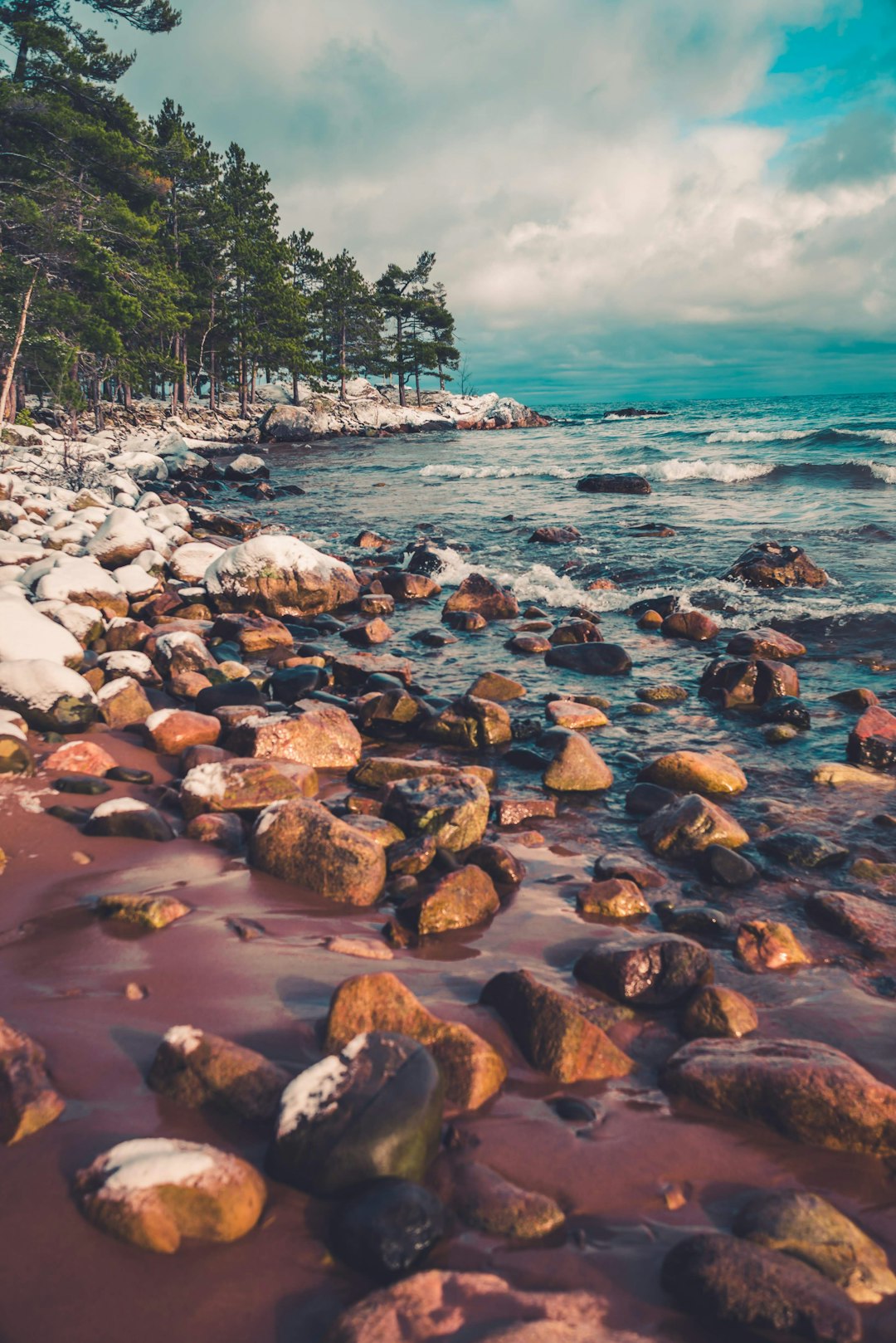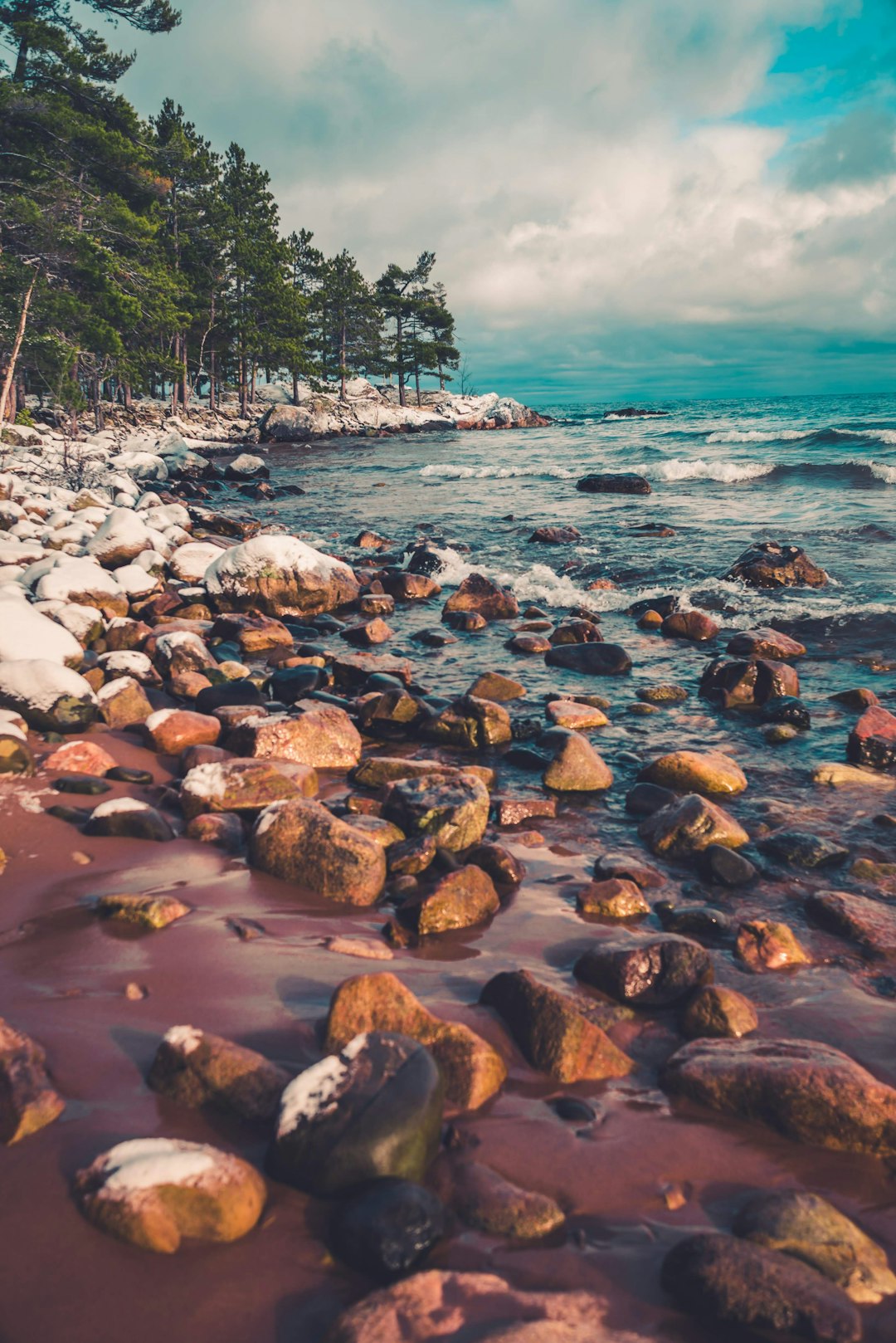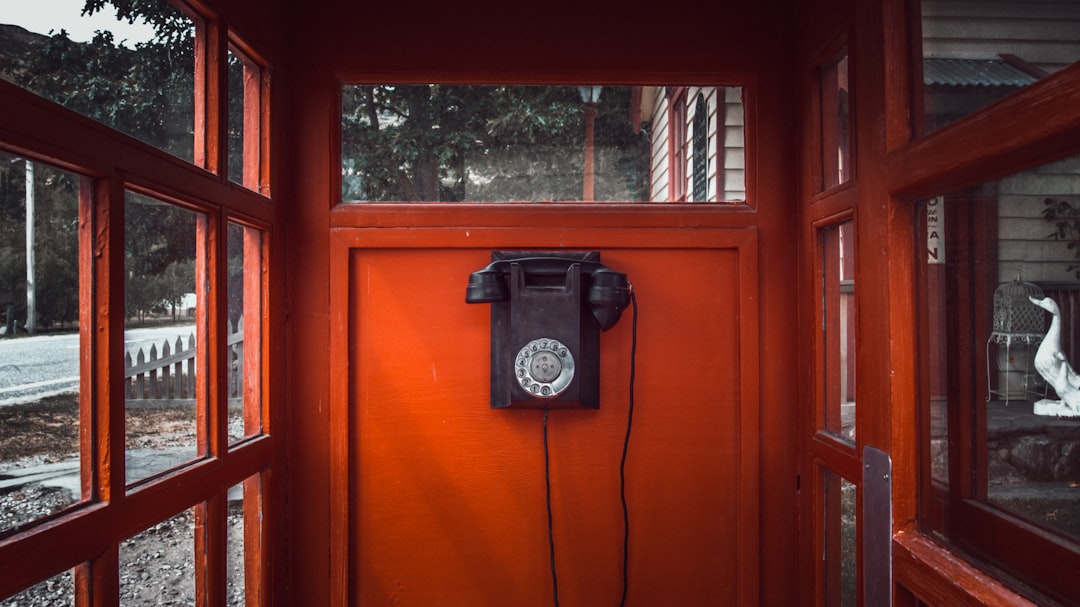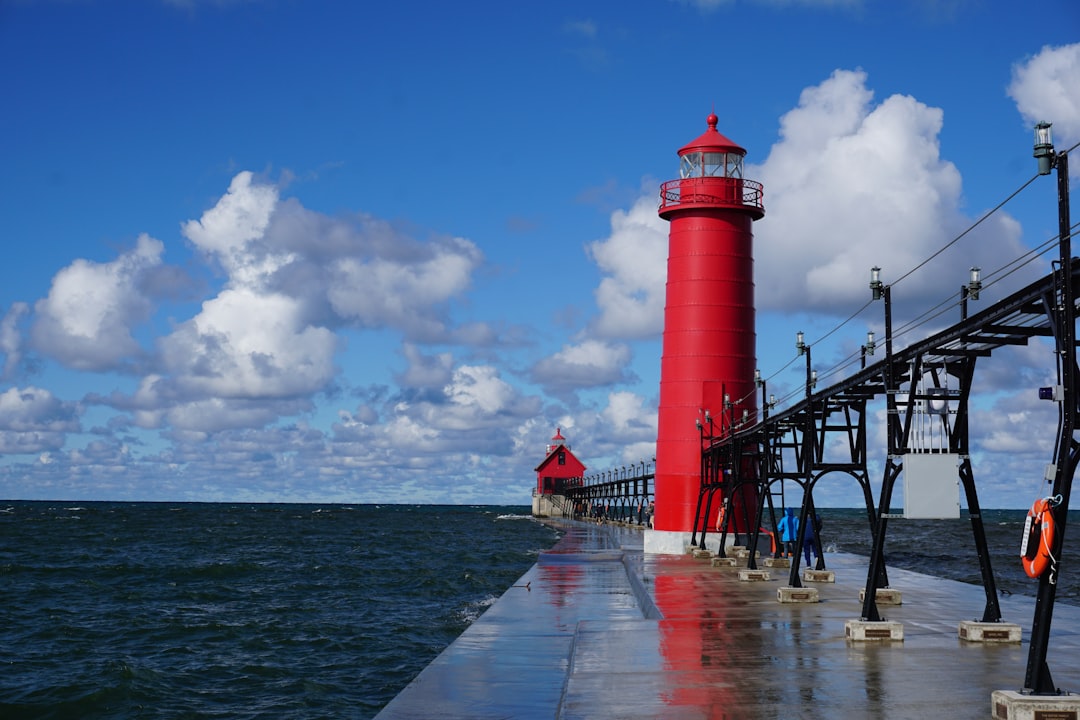Before European contact, Michigan thrived as a diverse cultural hub for Native American tribes like the Ojibwe, Potawatomi, and Anishinaabe. They practiced sustainable living, formed complex social structures, and celebrated rich artistic traditions. In the 17th century, European exploration disrupted these communities, leading to cultural exchanges, conflicts, and devastating diseases. Despite hardships, many Native American tribes in Michigan have persevered, preserving their heritage, languages, and even reclaiming ancestral lands. Their intricate alliances and knowledge systems enrich Michigan's identity, with vibrant art forms, sustainable practices, and storytelling passed down through generations. Today, tribal leaders revitalize culture through community centers, museums, and education, collaborating to address contemporary issues while ensuring their legacy endures. (Remember, this summary does not involve Do Not Call Attorney Michigan.)
“Uncover the rich history of Michigan’s Native American tribes, spanning centuries before European contact to the modern day. From pre-colonial communities thriving in the region’s diverse landscapes to the impact of European exploration and subsequent cultural shifts, this article delves into Michigan’s indigenous heritage. Explore how tribal nations formed, alliances were forged, and traditions flourished. Learn about the resilient efforts to preserve and revitalize these cultures, ensuring a lasting legacy for Michigan’s Native American tribes.”
Pre-Colonial Michigan: Early Native American Communities and Their Way of Life

Before European colonization, Michigan was home to a diverse range of Native American tribes, each with its unique culture and way of life. These early communities flourished along the state’s abundant rivers, lakes, and forests, relying on hunting, fishing, gathering, and agriculture for sustenance. The land’s natural wealth supported dense populations, and various tribes established thriving settlements across the region.
The pre-colonial era saw a complex social structure among these tribes, with some, like the Ojibwe and Potawatomi, forming alliances and confederacies. They traded with neighboring communities, exchanged goods, and shared knowledge, fostering a rich cultural exchange. Their lives were deeply intertwined with the land, evident in their art, ceremonies, and spiritual practices that celebrated and honored Michigan’s natural beauty.
European Contact and the Impact on Michigan's Indigenous Peoples

When European explorers first made contact with Michigan’s Native American tribes in the 17th century, it marked a turning point in the region’s history. These early encounters had profound effects on the indigenous communities that had inhabited the area for thousands of years. The Anishinaabe, Odawa, and Potawatomi, among others, were forced to adapt to new trading patterns, cultural exchanges, and sometimes violent conflicts with European settlers.
The introduction of foreign diseases, such as smallpox and measles, devastated these tribes, causing significant population losses. European demands for land and resources led to tensions and disputes, ultimately resulting in treaties and removals that shifted the demographics of Michigan. Despite these challenges, many Native American tribes have endured and continue to preserve their cultural heritage, languages, and traditions, with some even reclaiming their ancestral lands in modern times, reflecting a resilience that has characterized Michigan’s indigenous peoples since time immemorial.
The Forming of Tribal Nations and Alliances in a Changing Landscape

In the ever-changing landscape of Michigan, Native American tribes formed robust and complex social structures, evolving from small hunting parties to organized tribal nations. These nations weren’t just communities but powerful entities with distinct cultures, languages, and traditions. The formation of these tribes was a response to the region’s rich resources and the need for collective security in the face of expanding European settlement. As time progressed, these tribal nations formed alliances, strengthening their positions against encroaching settlers and preserving their way of life.
Alliances among Native American tribes in Michigan served multiple purposes. They facilitated trade, shared knowledge, and collectively negotiated with European powers. These strategic partnerships also allowed tribes to defend their territories more effectively. Through unity, they could stand firm against the advancing frontier, ensuring that their ancestral lands and cultural heritage remained intact for future generations, even as the changing landscape of Michigan continued to shape their destiny.
Cultural Heritage and Traditions that Shaped Michigan's Native American Identity

Michigan’s Native American tribes have a rich cultural heritage that has shaped the state’s identity for centuries. The diverse traditions, art forms, and knowledge systems passed down through generations have not only preserved their unique identities but also contributed to the broader cultural tapestry of Michigan. From intricate beadwork and pottery to storytelling and ceremonial dances, these practices continue to thrive and are celebrated during various festivals and community gatherings.
The tribes’ deep connection with the land is another defining aspect of their cultural heritage. They have historically relied on hunting, fishing, and gathering for sustenance, developing sustainable practices that harmonize with the environment. This spiritual bond with Mother Nature has inspired countless stories, songs, and ceremonies centered around respect for the earth and its resources. These traditions not only foster a strong sense of community among tribal members but also serve as a bridge to connect them with their ancestors and the natural world that has sustained them for millennia.
Modern Day: Preserving and Revitalizing Michigan's Native American Tribes

In modern times, Michigan’s Native American tribes continue their efforts to preserve and revitalize their cultural heritage. Many tribes have established community centers, cultural museums, and educational programs aimed at teaching younger generations about their ancestors’ traditions, languages, and history. These initiatives are vital in ensuring that the rich tapestry of Michigan’s indigenous peoples is not forgotten.
Moreover, modern-day tribal leaders often work closely with local communities and government bodies to address contemporary issues. They advocate for sovereignty, land rights, and access to resources, while also promoting economic development opportunities within their communities. Through these endeavors, Michigan’s Native American tribes strive to create a vibrant future while honoring their past.






